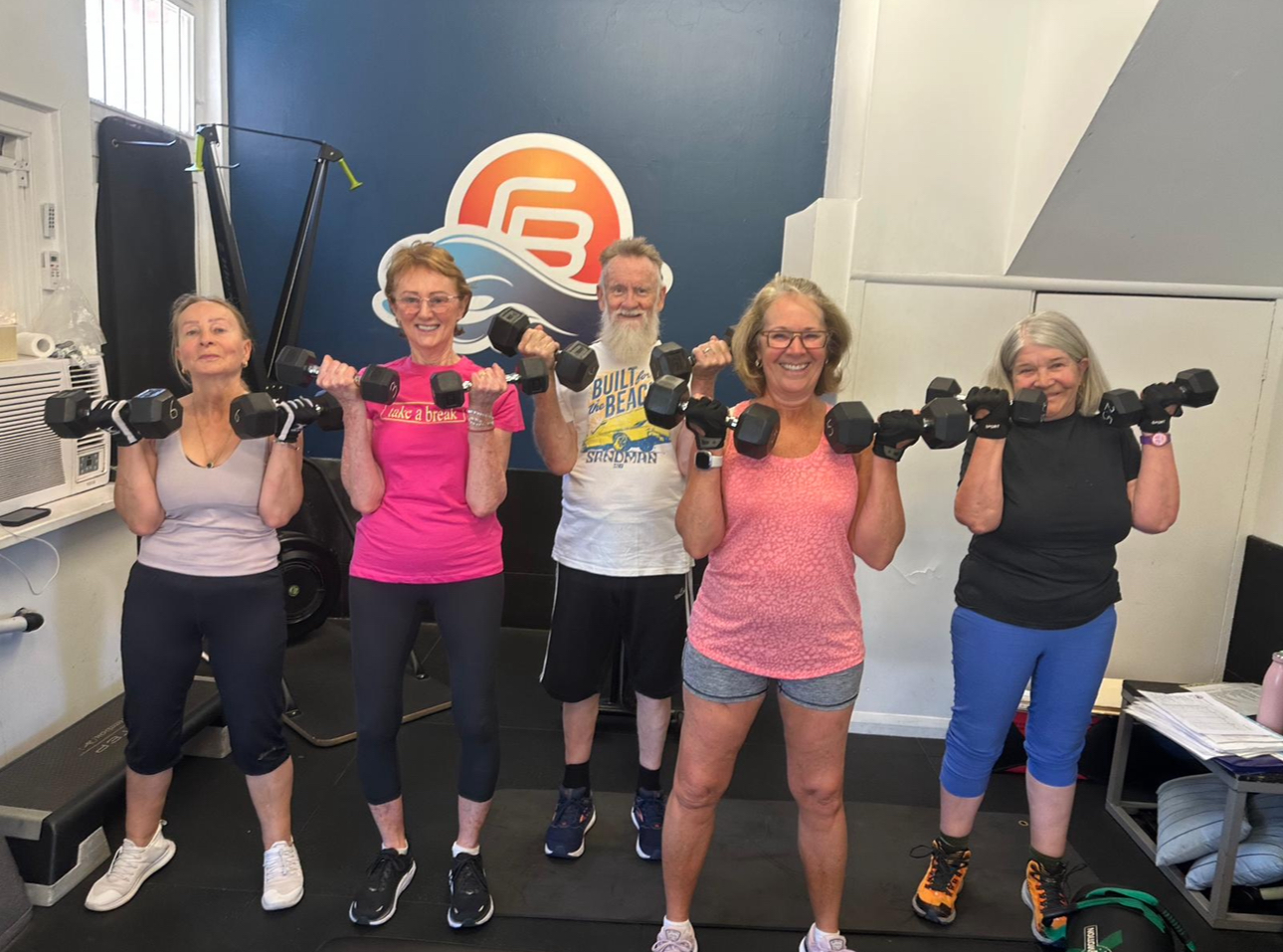4 Steps to Prevent Middle-Aged Spread and Lose Weight

I have some VERY good news for you if you're in your 30s, 40s, or beyond. You know how people always talk about your metabolism "slowing down" once you hit your 30s and 40s? Well, there's a name for it... It's called "middle-aged spread." It's when your body starts to gain fat because your hormones start to shift as you get older. But guess what? Despite what you have been told (and maybe even felt), this is not inevitable. In fact, your metabolism doesn't really start to slow down due to aging until you are in your 60s.
There may be other factors at work – factors you can actually control, starting today, no matter how old or young you are!
Action Step 1: Move more.
Studies show that as you get older, you move less, both during your everyday activities and in your workouts. That's why it's so important to start a regular exercise habit NOW – with activities you enjoy and hobbies that keep you active.
Action Step 2: Keep your muscle.
It's normal to lose muscle as you get older, but it's not inevitable. Doing strength-building workouts at least twice a week can help you not only keep your muscles as you get older but even rebuild them. This helps keep you strong and active, plus it stokes your metabolism.
Action Step 3: Eat enough protein.
As people get older, they often skimp on their protein intake. A good target to shoot for is 10% to 35% of your total daily calories. Go for the higher amount if you're active. To make sure you get the MOST out of your protein intake, spread it out over the course of the day since studies show that to be more effective.
Action Step 4: Make it a lifestyle.
As you get older, the way your cells metabolise fuel naturally slows down. The bad news is there isn't a lot you can do about this, but studies show this has only a minor impact compared with lowered activity and muscle mass! The best thing you can do is follow a healthy lifestyle: get seven to eight hours of sleep a night, manage your stress levels, stay active, and eat a healthy-whole-foods-based diet. Remember: it's not the big steps you take occasionally that have the biggest impact on your health and fitness... It's the little things you do every single day!
More insights
Discover more posts from our team.




